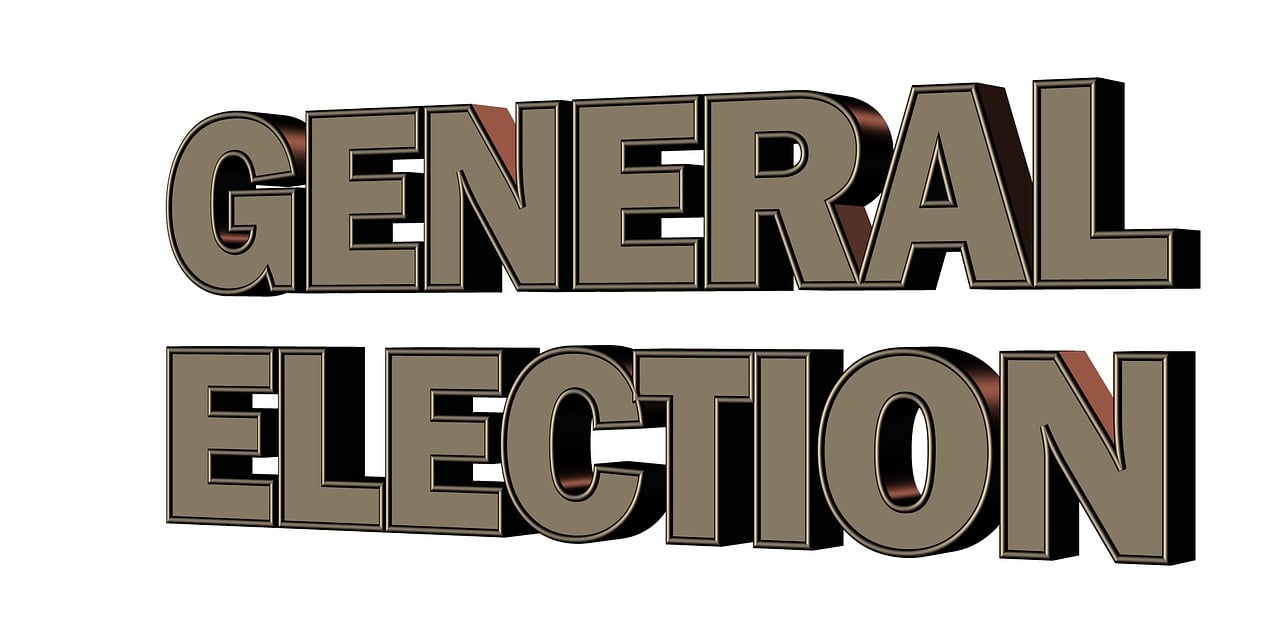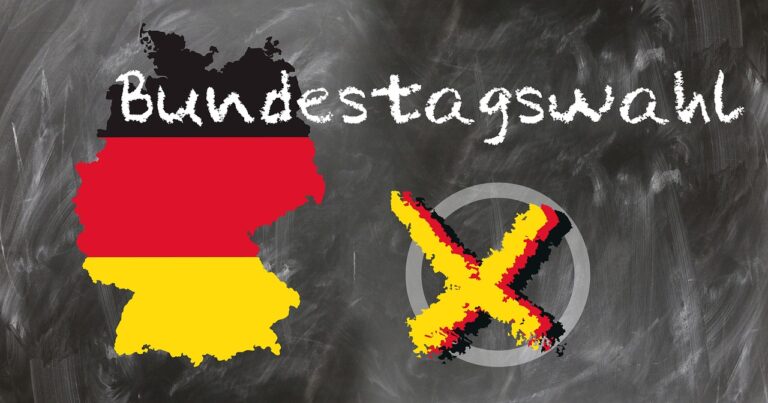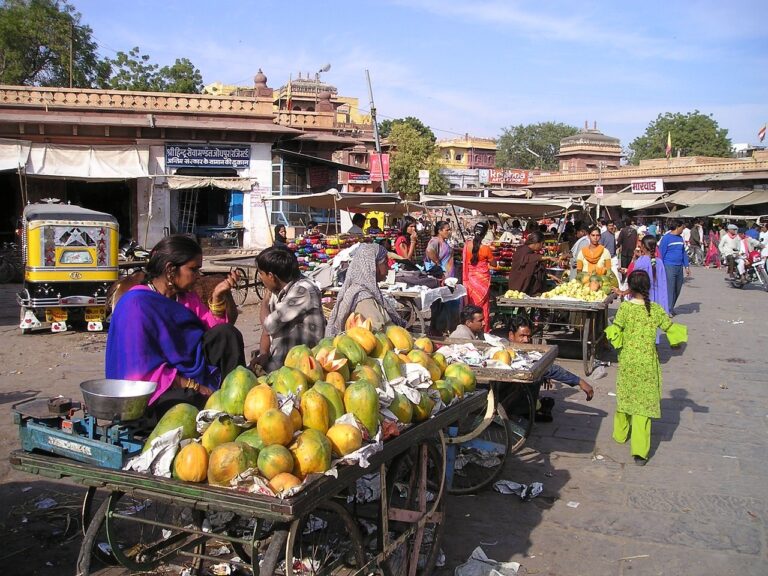Political Action Committees and Campaign Financing
Political Action Committees, commonly known as PACs, are organizations that raise funds to support specific political candidates, parties, or initiatives. These committees play a significant role in shaping the political landscape by contributing money to campaigns and participating in various advocacy efforts. PACs are subject to regulations regarding the sources of their funds and the amount they can donate to candidates, which are intended to maintain transparency and prevent corruption in political financing.
The creation of PACs was authorized through the Federal Election Campaign Act of 1971, with the primary objective of providing a legal means for organizations and individuals to support political activities financially. Since then, PACs have become increasingly prevalent in American politics, with a growing influence on elections at all levels of government. As such, understanding the role and impact of PACs is crucial for comprehending the complexities of campaign financing in the United States and the broader democratic process.
History of Campaign Financing in the United States
Campaign financing in the United States has a long and complex history dating back to the earliest days of the republic. The concept of financial contributions to support political candidates and causes has evolved significantly over time, playing a crucial role in shaping the country’s electoral landscape.
Initially, campaign financing was predominantly funded by wealthy individuals, corporations, and special interest groups. This often led to concerns about the undue influence of money in politics and the potential for corruption. As a response to these apprehensions, laws and regulations were gradually introduced to monitor and limit contributions, ultimately culminating in the establishment of the Federal Election Commission in 1975.
The concept of financial contributions to support political candidates and causes has evolved significantly over time
Campaign financing was predominantly funded by wealthy individuals, corporations, and special interest groups
Concerns about the undue influence of money in politics led to the establishment of laws and regulations
The Federal Election Commission was established in 1975 to monitor and limit contributions
The Influence of PACs on Elections
Political Action Committees (PACs) play a significant role in shaping electoral outcomes in the United States. These entities are able to pool financial resources from various donors and direct them towards supporting specific candidates or issues. By doing so, PACs can amplify the influence of certain interest groups in the political landscape.
In the realm of elections, PACs wield a considerable amount of power by contributing to the campaigns of candidates they align with ideologically. This financial support allows candidates to run ads, host events, and mobilize voters effectively. As a result, PACs can effectively sway elections by ensuring that their preferred candidates have the resources needed to compete on a national stage.
What are Political Action Committees (PACs)?
PACs are organizations that raise and spend money to elect or defeat political candidates. They can be affiliated with corporations, labor unions, or interest groups.
What is the history of campaign financing in the United States?
Campaign financing has evolved over time, with regulations being put in place to prevent corruption and undue influence. The Federal Election Campaign Act of 1971 and the Bipartisan Campaign Reform Act of 2002 are key pieces of legislation that have shaped campaign financing laws in the U.S.
How do PACs influence elections?
PACs can make donations to candidates, run independent expenditure campaigns, and engage in issue advocacy to support their preferred candidates. Their financial resources and ability to mobilize support can have a significant impact on elections.
Are PACs required to disclose their donors?
Yes, PACs are required to disclose their donors and expenditures to the Federal Election Commission (FEC). This transparency is meant to provide accountability and prevent corruption in the political process.
Can individuals donate unlimited amounts of money to PACs?
No, individuals are subject to contribution limits when donating to PACs. These limits are set by the FEC and are intended to prevent wealthy individuals from exerting undue influence on the political process.







